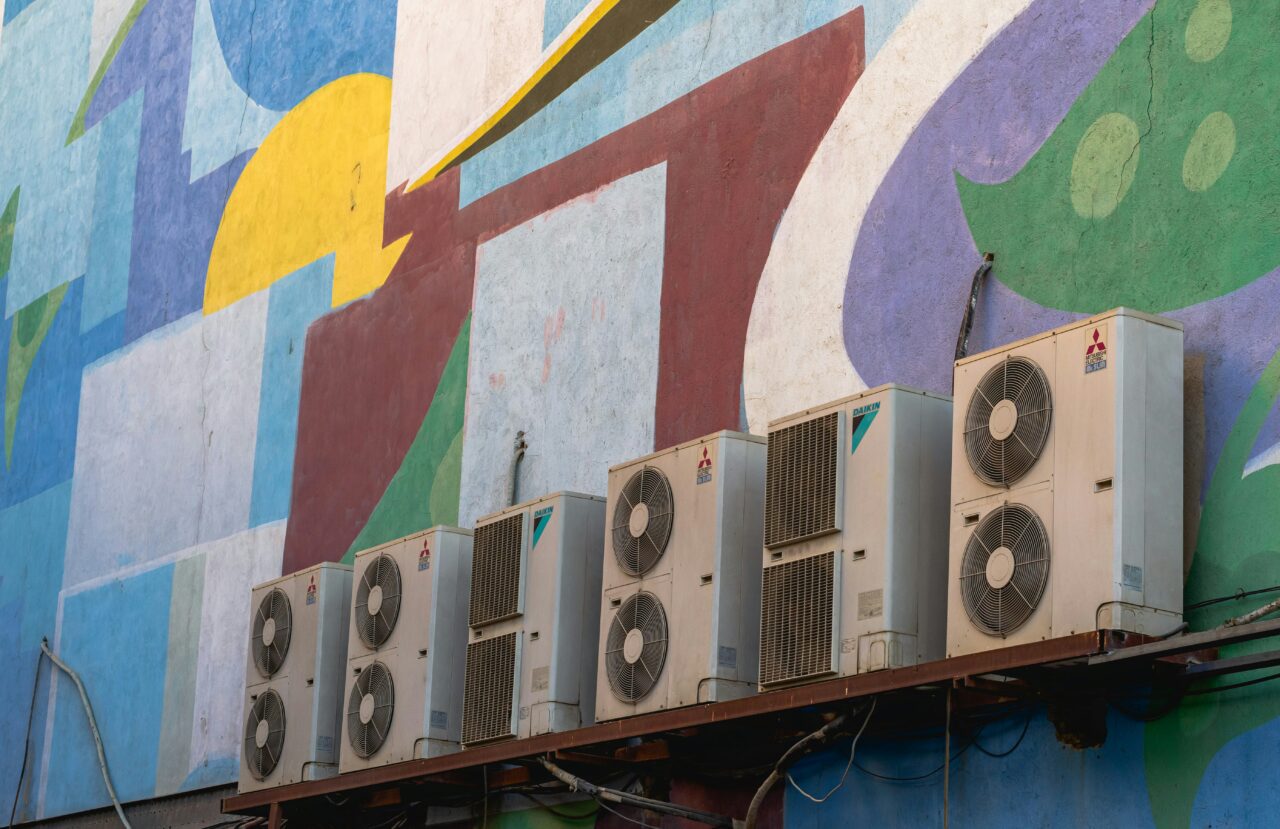Part of living in Charlotte, North Carolina, means using your home’s air conditioner system throughout the year to beat the heat. However, while the A/C is an essential component of controlling the climate within your house, do you know how it works? While you don’t have to be an expert in air conditioner maintenance, understanding the basics can help you determine when it’s time to get your system inspected and repaired.
So, with that in mind, let’s break down the fundamental scientific components of how your home’s A/C works.
How Does an Air Conditioner Work?
Typically, air conditioners offer either centralized or portable cooling. Most North Carolina homes have central A/C, while apartments and condos may rely on a window unit to stay cool. Either way, the air conditioner contains multiple essential parts, and here’s what they do.
- Evaporator – It’s physically impossible to “create” cold. Instead, an air conditioner removes heat by evaporating moisture. Cooling coils draw the moisture out of the air with a refrigerant, and the water is evaporated and sent outside.
- Condenser – This component actually sends the warm evaporated air outside, so it’s connected to the exhaust duct system.
- Compressor – A compressor moves the refrigerant from the condenser to the evaporator (and vice versa). Because the gas is compressed into a liquid, it gets colder as a result.
- Fan – The fan blows warm air over the condenser to be released outside.
- Blower – The blower circulates the cold air from the evaporator back into the home.
- Filter – The filter removes particles and contaminants from the air.
- Thermostat – This device controls the home’s temperature by telling the air conditioner when to turn on and off.
Who Invented the Air Conditioner?
Willis Carrier is credited with inventing the modern air conditioner in 1902. His first design was created to regulate the amount of moisture in the air. However, he quickly discovered that water can absorb heat. By condensing warm air, the system could expel the heat and blow cooler air back inside. Carrier founded the Carrier Engineering Company in 1915, which still makes air conditioners today.
Which Parts of the Air Conditioner Break Down the Fastest?
Knowing how an air conditioner works is one thing, but how can you translate that knowledge into cost savings? Well, some of the components of your A/C can break down more easily than others, meaning it’s best to inspect them regularly. Here are the parts that need the most attention:
- Filter – An air filter can get clogged pretty quickly. You should change the filter every six months, if possible, and every year, no matter what. Otherwise, the system can re-disperse these particles back into the home, causing allergic reactions.
- Contactors and Capacitors – As the electrical components of the A/C unit, capacitors endure the most wear and tear of anything inside the machine. While they’re built to handle excessive loads, it’s still good to inspect them to see how long they’ll last.
- Fan and Blower Motors – Although a fan motor is a simple device, it’s also relatively easy to break. Since the fan works more than the compressor or evaporator, it can break down sooner than other components.
- Evaporator Coils – Dust is a natural part of life, and dust particles cling to the evaporator coils like a magnet (because of the moisture). Over time, dust buildup can make the system work inefficiently, leading to excess wear and tear.
Inspect Your A/C Annually With City Air Experts
Now that you know how your home’s air conditioner works, you should start taking better care of it. Fortunately, you don’t need to tinker around inside the machine yourself. Instead, you can call City Air Experts, and we can handle the detailed work for you. Not only can we ensure your A/C is working properly, but we can fix minor issues before they become expensive headaches. Contact us today for your A/C inspection.


